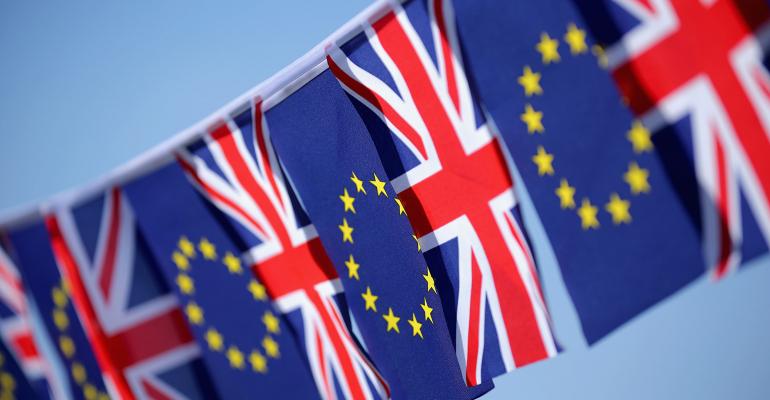High net worth investors, concerned in the wake of the recent Brexit vote, are increasingly wary of UK-based assets, which may not be a bad thing.
According to a recent survey by deVere Group, 69 percent of respondents are now looking to “rebalance and diversify” their investment portfolios to reduce exposure to UK-based assets. DeVere surveyed 770 high net worth individuals worldwide (defined as those with at least $1.3 million in investable assets). Only 18 percent have no plans to move away from UK-based assets, with 13 percent still undecided.
"These HNW investors are seeking to reduce their exposure to UK-based assets in the wake of the impending Brexit," said deVere Group founder and CEO Nigel Green. "It would appear that they believe Brexit negotiations will be complex, and are likely to cause a flatter UK economy, and that other countries will achieve higher levels of growth in this period and, therefore, will produce higher returns.”
However, Green doesn’t necessarily view a flight from British assets as a negative trend in the grander scheme of global wealth management, considering it simply a form of forced diversification. “The survey underscores that Brexit is becoming a catalyst for high net worth investors to widen the scope of diversification within their portfolios. This is something we champion.”
While such fear-based decision making is typically highly frustrating for advisors and occasionally disastrous for markets and economies, this time it may help investors overcome their fear of investing internationally—which is actually to their benefit.
So, HNW investors may actually be making the right decision in their reaction to Brexit, even if it’s for the wrong reason.
"It is a myth that international investing presents a higher risk," Green said. "The more diversified the investment portfolio, encompassing a global focus, the greater the reduction of risk. Brexit is now acting as a prompt for high net worth investors to ensure their portfolios are properly diversified due to heightened concerns over the UK economy.”





